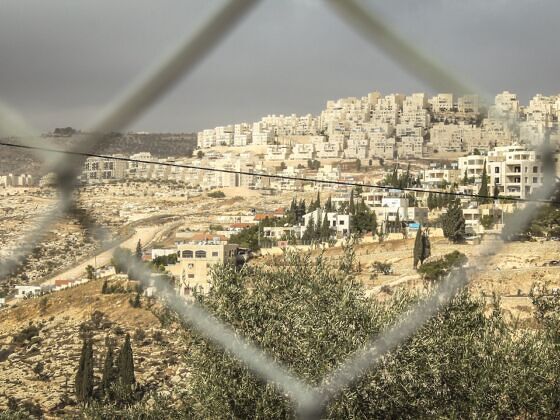“Are you carrying a weapon on you?” the young Israeli soldier asked as we approached the middle of the Jewish settlement in Hebron.
“No,” my friends and I quickly replied, assuming that he was asking a routine security question.
“Well you don’t want to go any further up that road unarmed.”
